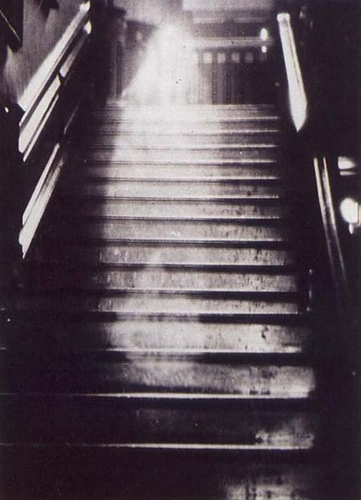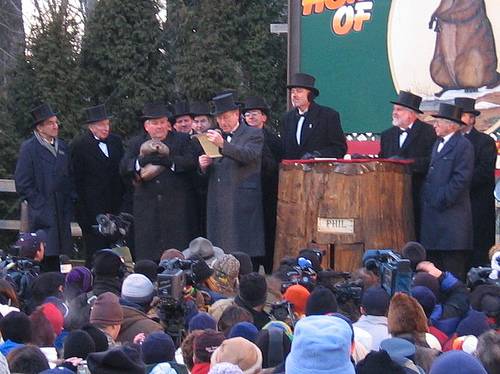Mickey Mouse was originally going to be called Mortimer.
Walt Disney’s wife didn’t like the name.
Mickey Mouse was originally going to be called Mortimer.
Walt Disney’s wife didn’t like the name.
Jack Nicholson’s contract stipulates that he does not film movies during Lakers games.

A photographer from Country Life Magazine reportedly took this picture while shooting a feature on Raynham Hall, a Norfolk country house, on Sept. 19, 1936. The “ghost” has become known as the Brown Lady of Raynham Hall because of the brocade dress she wears.
No one’s seen her since.
James Brown’s eyebrows are tattoos.
CLINT EASTWOOD is an anagram for OLD WEST ACTION.

Czech architect Jan Letzel deserves some kind of prize. His Prefectural Industrial Promotional Hall in Hiroshima, Japan, withstood the 1945 atomic bomb, though the blast took place almost directly overhead.
He’d reinforced it in case of earthquakes.
The ruin was made a UNESCO World Heritage site in 1996 — over the objections of the U.S. and China.
Hugh Hefner lost his virginity at age 22.
Dr. Cotton Mather, who was a man of uncommon dispatch and activity in the management of his numerous affairs, and improved every minute of his time, that he might not suffer by silly, impertinent, and tedious visiters, wrote over his study-door, in large letters, “Be short.”
Ursinus, a professor in the University of Heidelburgh, and a diligent scholar, to prevent gossips and idlers from interrupting him in his hours of study, wrote over the door of his library the following lines–“Friend, whoever thou art that comest hither, dispatch thy business or begone.”
The learned Scaliger placed the following sentence over the doors of his study–“Tempus meum est ager meus,” “My time is my field or estate.” And it is frequently the only valuable field which the labourer, in body or mind, possesses.
Ever hold time too precious to be spent
With babblers.–_Shakspeare._“Friends,” says Lord Bacon, “are robbers of our time.”
— The Mirror of Literature, Amusement, and Instruction, Jan. 15, 1831

The residents of Punxsutawney, Pa., have consulted “groundhog weatherman” Punxsutawney Phil each Feb. 2 since 1887 to see whether the nation must endure six more weeks of winter.
He’s said yes 88 percent of the time, predicting an early spring only 13 times in 110 years.
“Simplicity is the ultimate sophistication.” — Leonardo da Vinci